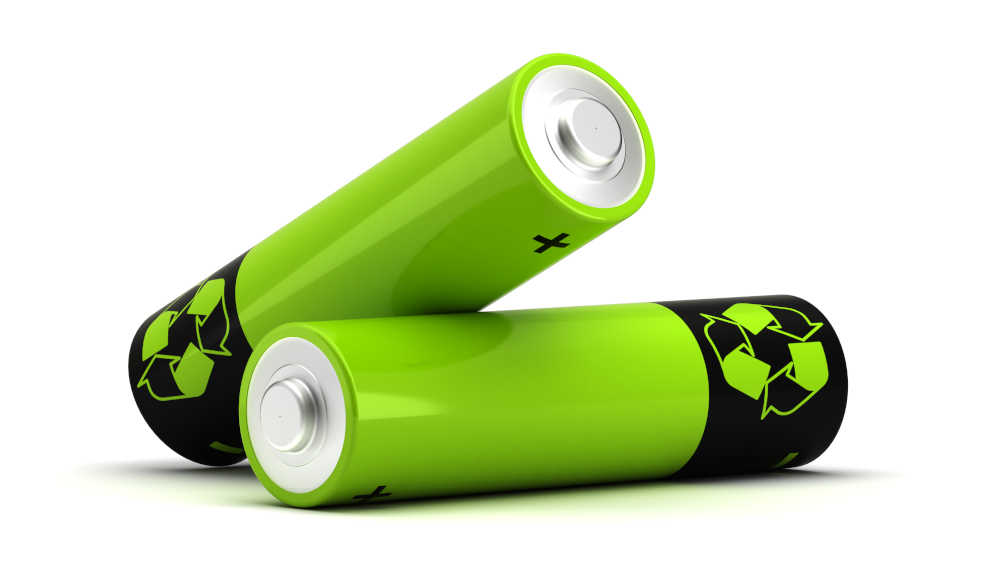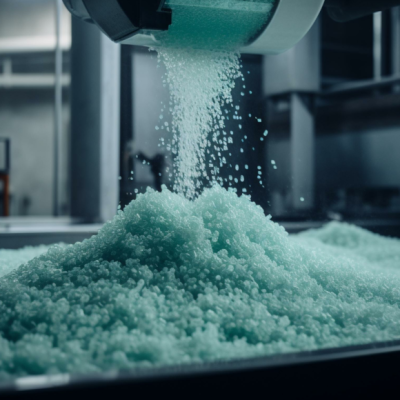In a groundbreaking development, researchers at Waseda University in Japan have successfully tested a prototype of a solid-state air battery. This new battery technology is expected to offer significantly higher energy density and cycle durability than lithium-ion batteries, which are currently used in electric vehicles. While lithium-ion batteries have been continuously improved, the technology has reached its limits, and further improvements are not expected. As a result, scientists are exploring new electrochemical systems, with metal-air batteries being particularly promising. However, previous metal-air batteries have used liquid electrolytes, which have low cycle durability and are not suitable for industrial use.
The Waseda University researchers used organic molecules and a solid electrolyte to develop their prototype air battery, which is a world first. They avoided using electrochemically active metallic electrodes to prevent the growth of sharp dendrites during charging and discharging. Instead, they used the organic compound 2,5-dihydroxy-1,4-benzoquinone (DHBQ) and the polymer poly(2,5-dihydroxy-1,4-benzoquinone-3,6-methylene PDBM) as the negative electrode material. For the positive oxygen electrode, they used titanium coated with platinum. The well-known membrane material, fluoropolymer Nafion, was used as the solid electrolyte. In laboratory tests, the capacity of this solid-state air battery was found to be 176.1 mAh/g, and even after 30 charging cycles, 78% of the capacity remained.
While this battery model is not yet ready for practical use, the results demonstrate that an air battery with a solid electrolyte can function without metal electrodes. Future research could improve the durability over charging cycles, with the potential for up to 60,000 cycles at a capacity of 200 mAh/g. This new battery technology could revolutionize the energy storage industry, offering higher energy density and cycle durability than current lithium-ion batteries.










